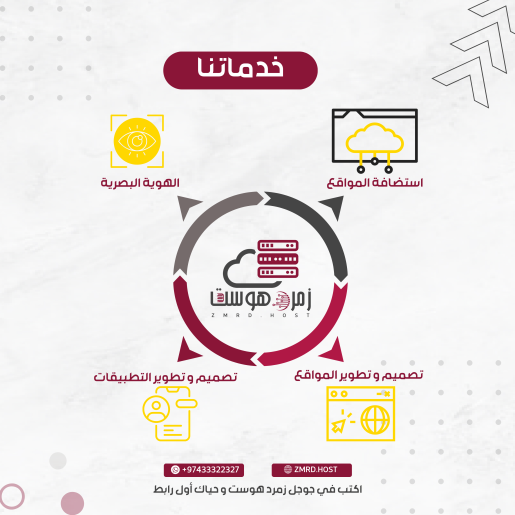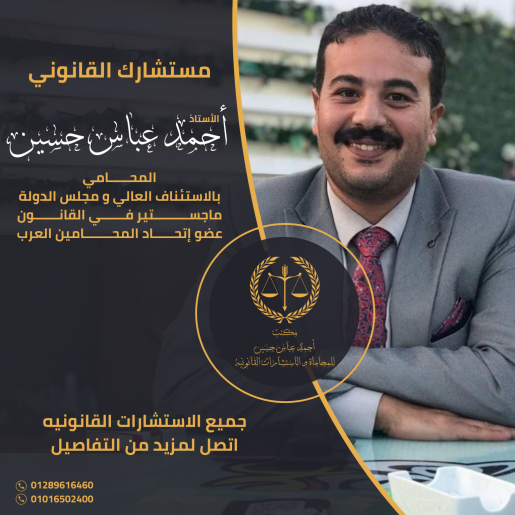امتياز حفر قناة السويس

by \ dr.ashraf.elmohands
History of the concession of digging the Suez Canal
The trade competition between the great powers since the fifteenth century to reach the roads leading from Europe to the Levant (India and South East Asia) has been on the way to the intermediaries who dominated this trade. They were the Italians, in particular, who brought goods from the Orient, In the markets of Egypt to Europe. Even the discovery of the New World came in the midst of attempts to discover a new route for India that does not pass through the Red Sea – Egypt – Venice and Genoa. Indeed, the Portuguese discovered the road of Raja El-Saleh in 1488, which led to the transformation of the trade route from Egypt to the collapse of the Mamluk state in Egypt (AD 1517) and the decay of the Italian kingdoms of Genoa and Venice.
It is worth mentioning that the Italians ordered the Mamluks to cut a channel linking the Red Sea to the Mediterranean Sea to compete with the Cape of Raja El-Salih. The Portuguese had threatened the Mamluks with the agreement to transfer the Nile water from Egypt to the Red Sea.
The great powers continued to follow the path of the head of Raja Al-Saleh to reach India and exchanged the predominance on the high seas, first Portuguese, then the Dutch, Spanish, French and finally the English.
In the context of this fierce competition Napoleon came to Egypt in 1798 and ordered his scientists to study the possibility of creating a channel linking the Red Sea to the Mediterranean Sea to control the shortest routes to the East. But the chief architect of the campaign, Le Pere, pointed out that the Red Sea is often higher than the Mediterranean Sea and suggested that a channel be cut from the Gulf of Suez to Cairo and then connected to the Mediterranean Sea by connecting to the Nile branch to Damietta and to the Nile branch to Rasheed. But the loss of France’s fleet in the Battle of Abu Qir in 1798 accelerated the departure of the French from Egypt and did not write the project implementation.
And the French returned to the project proposal Ali Mohamed Ali in 1833, especially since the French scientist Linan Beck, who was in the service of Egypt, the days of Mohamed Ali, decided after the reviews and measurements of the level of Bahrain that Bahrain in almost one level. Mohammed Ali hesitated on the subject of the canal because he knows of the fierce conflict between the great powers on the waterways in the world. His famous saying: “I do not want Bosphora in Egypt.” When he consulted with the Prime Minister of Austria, Klemens Von Metternich pointed out that An international treaty is concluded between the great powers that preserves the freedom of transit and neutrality of the Canal for all ships. However, England opposed to Mohamed Ali and France stood against the conclusion of such a treaty, and did not conclude this treaty only in 1888 and was ratified by Britain in 1904
Ferdinand Delebesbes came to Egypt as Consul of France in Alexandria in 1832 AD during the reign of Muhammad Ali. Muhammad Ali owes his credit to his father Matthieu Dilips, who helped strengthen his position and establish him on Egypt by the High Gate. So Muhammad Ali, his son Ferdinand, was so close to his family that he needed Said Pasha in his childhood and youth.
The idea of reviving the project of the canal to Dilispas came from Monsieur Mimou, the former consul of France in Egypt, and decided to approach Khedio Said using his proximity to him. Said was enthusiastic about the idea strongly, and Delicious agreed to issue an initial decree specifying the terms of the concession and what the Egyptian government and its duties, and issued Ferman on November 30, 1854 The most important conditions:
The duration of the concession is 99 years from the opening day of the channel
To distribute 10% of the profits of the company to the founding members who cooperated with their funds, knowledge and works to enforce the project before the establishment of the company
All States shall treat the same treatment in respect of fees levied on ships passing without the privileges of any State.
The company will cut a sweet canal from the Nile water (currently Ismailia canal) at the expense of the company
The Egyptian government shall leave the uncultivated and arable land for the Company to use and irrigate it from the water of the sweet canal without tax for ten years and with the ten tax for 89 years and with the tax of ideals thereafter.
The company has the privilege of extracting the raw materials required for the project from mines and quarries without taxes, as well as exempting the company from customs duties on all machines and materials that it imports.
The Egyptian government shall take 15% annually of the net profits of the company
Delispeus formed an international committee of scientists from the largest countries to use the channel to prepare a report which is the technically technical statement about the possibility of splitting the channel to respond to the campaign of questioning by England to block the project. The ICRC presented the report to Said Pasha in January 1856 and recommended the following:
What is a direct channel from the Gulf of Tina to the city of Suez is the easiest and cheapest way to connect Bahrain, and will cut the road to the East by half.
Project expenses are estimated at about 200 million francs (including capital benefits) and average revenues of 30 million francs per year.
The channel will take 6 years to work if there are no difficulties.
The committee also recommended the opening of the sweet water canal to irrigate the lands of the Suez area
Saeed Pasha adopted the law of the company on January 5, 1856, on the same day issued a detailed version of the first chapter 1854 and increased the following:
The appointment of Ferdinand Dalybes as President of the Company as its founder for a period of ten years from the date of commencement of navigation in the channel.
Supplying four fifths of the required workers from the Egyptians.
The Company shall have the right to specify the traffic fees without reference to the Egyptian Government, provided that it shall not exceed ten francs per ton.
On July 20, 1858, Said Pasha issued a decree determining the wages of Egyptian workers, their numbers, how they were occupied, their care and their health.
On November 15, 1858, the IPO of the Suez Canal Company was issued and continued for 15 days until 30 November. Four hundred thousand shares were offered at 500 francs per share. The share was 207111 shares for France, 177642 shares for Egypt, the remainder to shareholders from Spain, Italy, the Ottoman Empire, Holland and Russia. France thus has a majority in the Council











